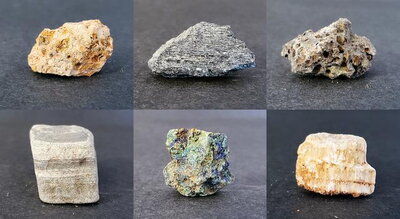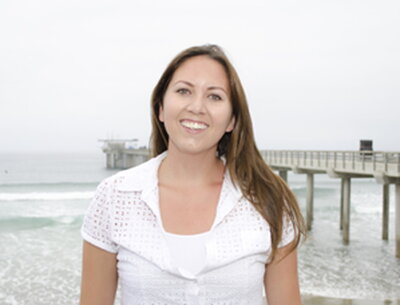
Day 1 | 1st activity - Trashcano
Volatile gases are a key ingredient for taking an otherwise calm lava flow and creating an explosive eruption. Gases come from volatiles introduced in the mantle during melting or through the rapid boiling of ground water which results in the explosive steam during a phreatic eruption. Trashcano simulates the build up of pressure due to boiling gases using liquid nitrogen in a 2L bottle submerged in a water-filled trashcan. By investigating the size of the “eruption” we can estimate the amount of pressure driving the explosive event to help better understand the potential hazards of explosive eruptions.

Day 1 | 2nd activity - Rocks & Minerals
In the rocks and minerals section, campers will get to know common rocks and minerals in Illinois based on their physical properties. After completing this activity students will be able to 1) use physical properties of minerals (ie. luster, hardness, etc.) to group and identify them and 2) identify common building stones around the University of Illinois campus.

Day 1 | 3rd activity - Dissolved Oxygen, Water Quality, and Healthy Fish
The water quality of streams and ponds is very important for the health of humans and animals, and it is our responsibility to keep the water clean. Sometimes pollutants or natural processes remove oxygen from the water so that fish and other aquatic life can’t live. We will explore one of the most important measures of water quality, the concentration of dissolved oxygen, by collecting and analyzing samples from a nearby stream and/or pond.

Day 1 | 4th activity - Ask a Scientist with Dr. Angelica Rodriguez from NASA's JPL
Dr. Angelica Rodriguez is an oceanographic research scientist at the NASA Jet Propulsion Laboratory. Angelica grew up along the US-Mexico border just south of San Diego, CA. Her desire to understand how the world worked drew her to major in physics as an undergraduate at UC San Diego, where she learned about the field of Oceanography through participation in an NSF Summer Undergraduate Research Fellowship with Scripps Institution of Oceanography. During the completion of her PhD, she became a mother to two daughters. In her spare time, Angelica loves to spend time with her family, participate in athletics, and support creative and performing arts in her community.
